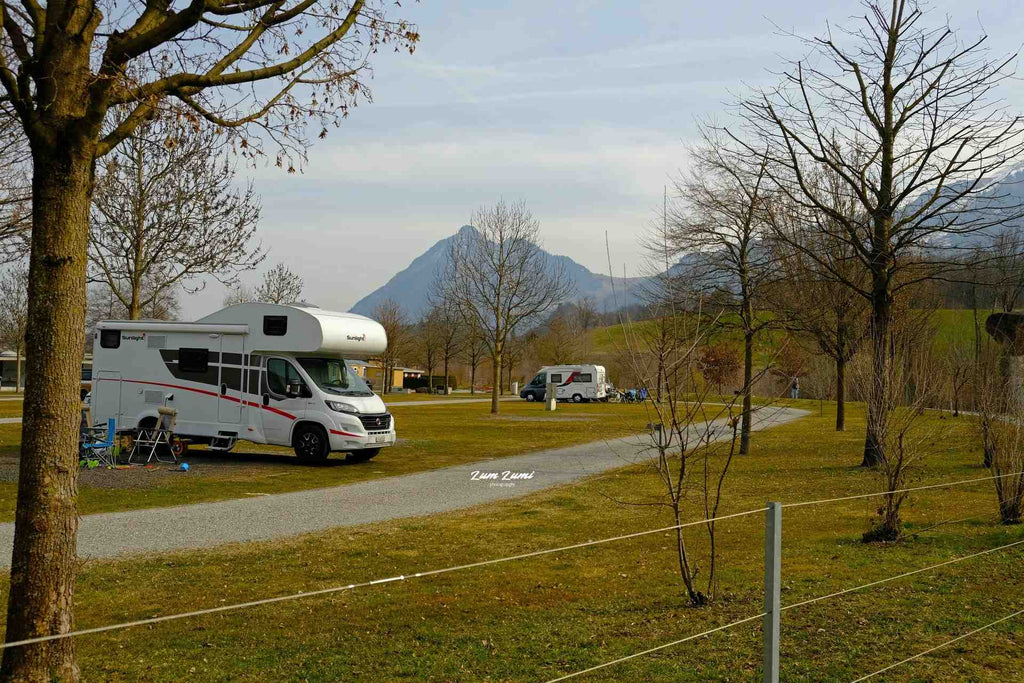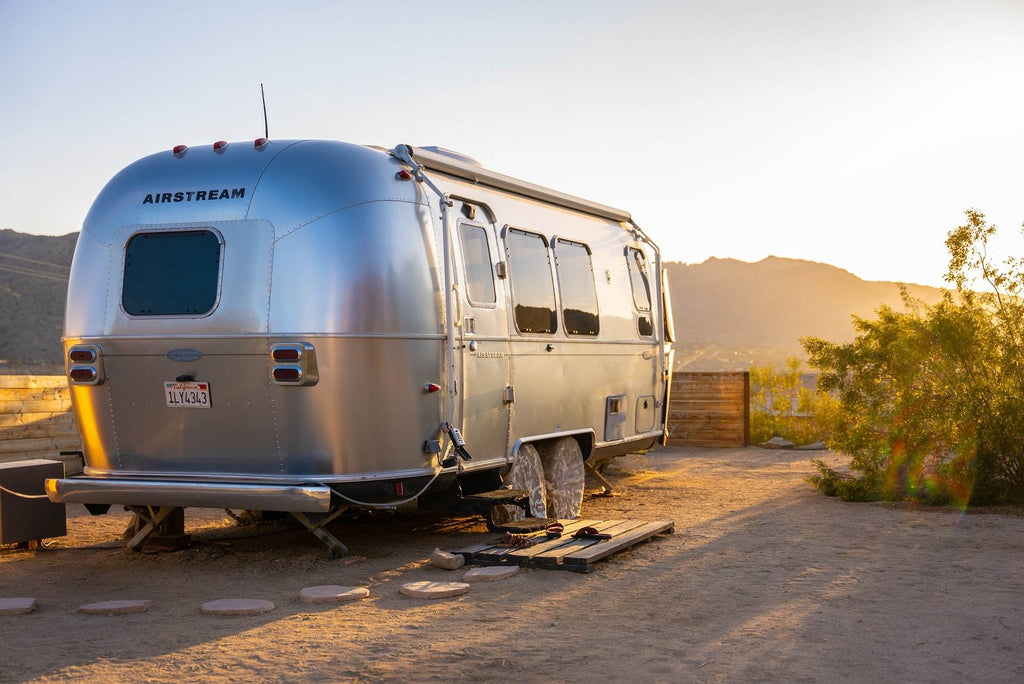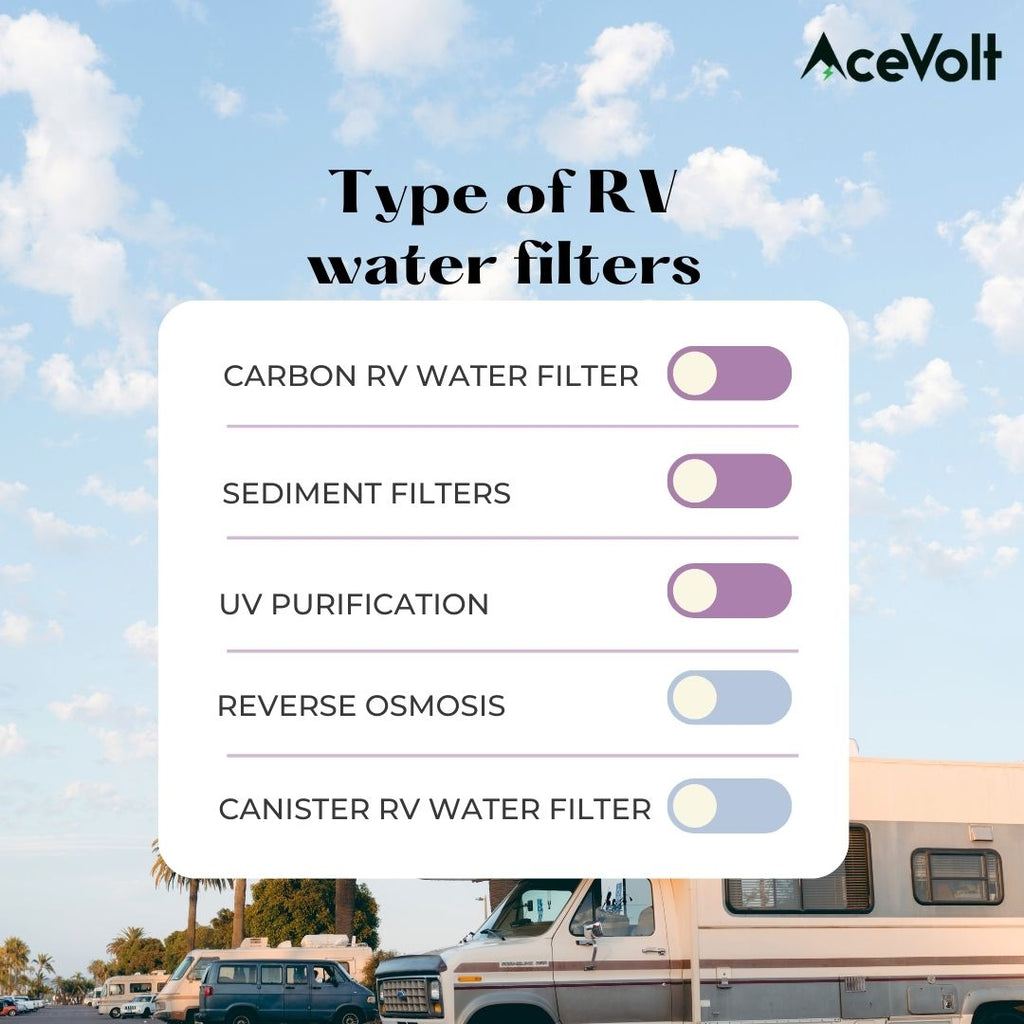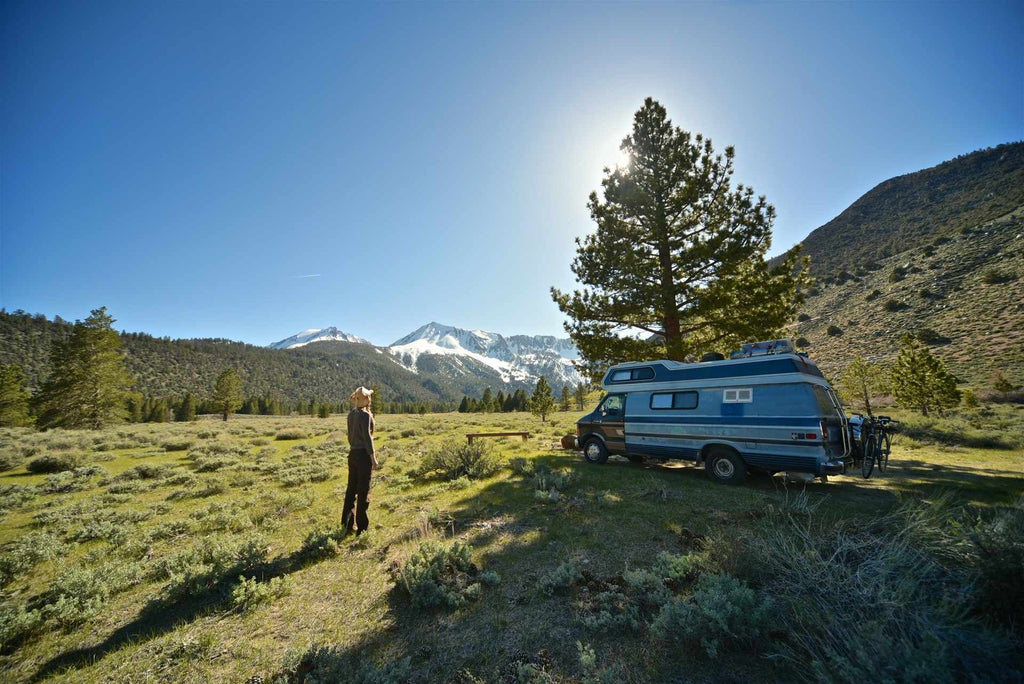
Types of RV water filters and why you need them
When going on an RV adventure, one of the things you should not have to worry about is clean water, electricity, and sewage. While you can solve electricity issues by getting the Acevolt campower as a solar backup battery, how do you ensure you have enough water for use?
You should already know that you have to take water from different sources with no knowledge of the impurities in the water.
So, you should have an adequate water filtering system to avoid getting into trouble by using or taking in contaminated water.

Are our RV water filters worth it?
An RV water filter ensures that your water is free of sand, substrates, and contaminants.
While traveling or camping in remote places, you might not be able to guarantee the quality of the water. This is because the water quality in these areas is not tested as frequently as in urban areas. Even the ones in urban areas which are tested often can still contain microorganisms.
Sometimes, the water might look clear and safe from the outlook but harbor harmful microorganisms that cause waterborne diseases.
So, if you are moving without a water filter, you are leaving yourself vulnerable to the different water quality you will encounter.
Some of the benefits of RV water filters are
- RV water filters reduce contaminants and chlorine in the water, improving its taste.
- It keeps you safe and healthy by filtering out unsafe microorganisms.
- It keeps particles out of the pipes, keeping them from being clogged or damaged.

What type of water filter do I need for my RV?
There are different water filters depending on their use (what it filters) and their location. Choosing the right water filter for your RV depends on the function specialty you need it for.
Based on location, there are two types of water filters. These are
- Exterior RV water filters
- Interior drinking water filter
An Exterior RV water filter is suitable for your recreation vehicle if you do not intend to take in the water from the tank. The water filter is between the water tank and the spigot. It does not filter intensely; it mainly focuses on particles that can clog the vehicle’s plumbing system.
An Exterior RV water filter is also known as an inline water filter. It is an RV inline water filter because it filters all the water going into the RV and not just the one going to the drinking faucet.
While the Interior drinking water filter is between the drinking water faucet and the water tank, it filters thoroughly so that the water can be safe for drinking.

Types of Inline RV Water Filters
-
1. Sediment Filters
Sediment inline water filters are an excellent camping water filter if the water is full of sand particles or if it is discolored. As small as the particles are, they can clog up the pipe and damage it when they accumulate. It can also damage the water filter if the particles remain stuck in the water filter.
If the water you will use in the campground is likely from groundwater or a similar source, the sediment filter is suitable for a camper’s water filter system.
-
2. Carbon RV water filter
If you aim for water with excellent taste, a carbon water filter is the best RV water filter to help you achieve this. This RV water filtration system uses the adsorption process to remove taste and smell from the water.
It has a porous carbon block filter filled with carbon. So, when water passes through the channels, it comes in contact with the carbon, which traps all impurities, thereby allowing the passage of only clean water.
If the water you are getting has a smell or taste you are uncomfortable with, attach the carbon RV water filter system to the water passage.
Most town and city water add Chlorine to their water supply to act as a disinfectant. Chlorine has a taste that many people do not like; the carbon water filter is a great solution.
It also filters dirt, pesticides, bacteria, and similar unwanted substances from the water.

Types of Internal Water Filter System
Since the internal water filter system ensures the water is healthy for consumption, it has to be thorough and effective in cleansing the water. It purifies the water by getting rid of bacteria and viruses.
Some of the purification methods employed to eliminate these microorganisms are below.
-
1. UV Purification
Ultraviolet purification uses ultraviolet light rays to get rid of bacteria and other harmful microorganisms, and it also prevents the future growth of the organism.
UV filters should be used alongside another inline filter because it only makes the water safe for drinking; it does not get rid of its taste or smell.
The longer the water’s exposure to UV rays, the cleaner the water will be. So, if you are sterilizing, you should have a portable power station alongside.
Another advantage of the UV ray filter is that it does not involve the cycling of the water, which can disturb the water’s flow rate. So, while sterilizing the water, water flow is not affected.
-
2. Reverse Osmosis
Reverse osmosis is a complicated but comprehensive method of filtering your water from dirt and microorganism. It has a semipermeable membrane used for this deep cleansing.
The system takes up space because it needs a passage to drain the contaminated water it filters out and a storage tank for the clean water.
Despite the water wastage, you will have clean, quality water wherever you are.
-
3. Canister RV Water Filter
You can use the canister water filter as a backup water filter for RV. With the canister RV filter, you can try out different filtration methods. You have to drop the filter system into the canister system and start the filtration process.
The canister water filter can be in the RV under the sink as a drinking water filter. And it can be outside the RV to filter dirt and substrates before it gets into the storage tank.
The reverse osmosis system comes in the form of a canister system because it has a complicated system that can not fit in an external filter.
Now that you know the types of water filters available, you can easily choose an appropriate one depending on what you want. Consider the factors below to be sure.
How long is an RV water filter good for?
The different types of RV water filters have a different lifespans. But the average lifespan of water filters is between three to six months.
And sometimes, you might have to change the battery instead of changing the whole filter system (If it is an electric purifier).
Conclusion
If you are going to a campground, you should ensure you thoroughly enjoy yourself with nothing getting in your way. So, be prepared by contacting the suitable water purification system, having an adequate sewage system, and a portable Acevolt campower generator. Then, you are good to go.























Leave a comment